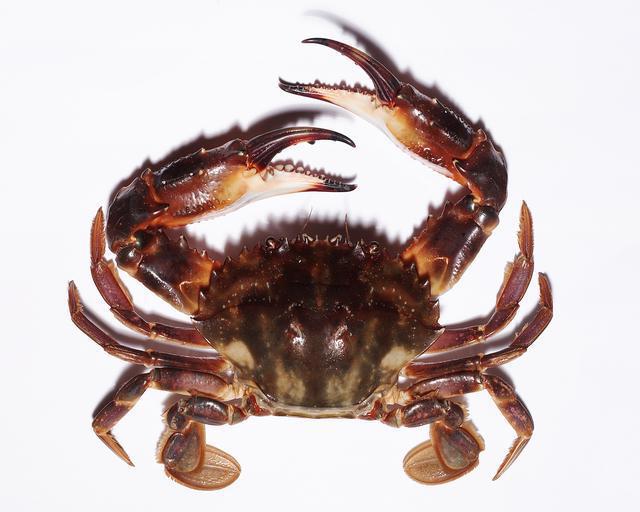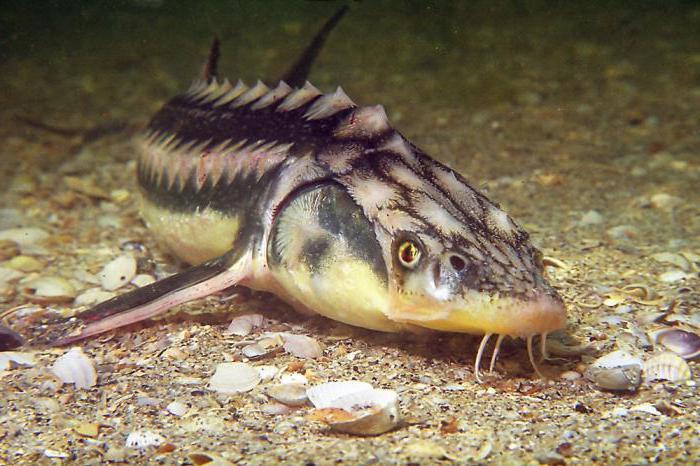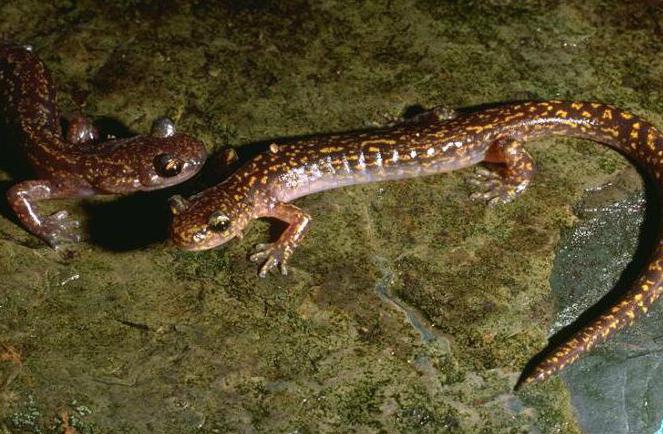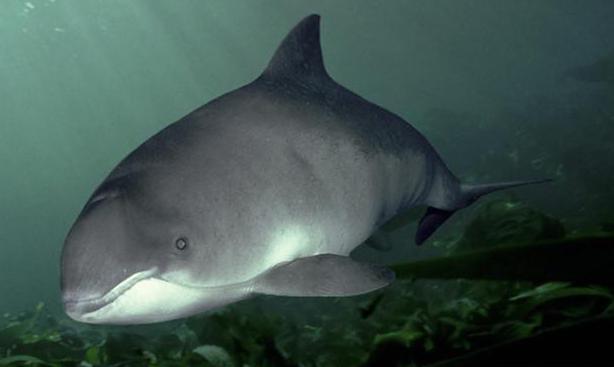
The Red Data Book of Primorsky Krai is the resulthuge works of a whole team of professionals who are in love with their work. It is intended for a wide range of readers, from schoolchildren to doctors of science. The book contains information about plants and animals that are on the verge of extinction, have already disappeared, or those whose population is decreasing from year to year. The aim of any Red Book is to draw public attention to the problems of nature protection, to inform in an accessible form information about the need for a man's lean attitude to the world around him.

As a rule, all such publications are created according to a certain pattern. The Red Data Book of the Primorye Territory is no exception.
"Animals" and "Plants" are the two main sections of it, each of which contains several more sub-sections.
To make the reader understand, the basis of the structurethe systematization usual for all is taken: the kingdom - the type - the class - the detachment - the family - the genus and the species. This structure allows the reader to quickly find the right animal or plant in the book.
The Red Data Book of Primorsky Krai contains an assessmentstate of populations. They are divided into several categories, corresponding to both international and all-Russian standards. The categories are shown in the following table.
Red Book | The Red Book of Russia | According to the IUCN system |
0 (RE) | 0 - probably extinct | RE - probably extinct in the region |
1 (CR) | 1 - under threat of extinction | CR - in a critical state (on the verge of extinction) |
2 (EN) | 2 - shrinking populations | EN - in a dangerous position (disappearing) |
3 (VU) | 3 - rare | VU - Vulnerable |
3 (NT) | NT - potentially vulnerable | |
3 (LC) | LC - causing mild fears | |
4 (DD) | 4 - status not defined | DD - insufficiently studied |
5 | 5 - restored | (absent) |
Like the Red Data Book of the Russian Federation, regionalincluding the Red Data Book of the Primorye Territory, have a legal status and are state documents. By the way, this is not the case everywhere, in many countries such publications are purely informative.

Entry of any species into the Red Book of the Russian Federation andregional publications is a legal recognition of the species rare, and therefore subject to legal protection. Red books not only list the species of wild animals, plants and mushrooms that are at risk of extinction, but also determine their environmental status, facilitate the monitoring of species and their ranges, help develop and implement special measures for the protection, restoration of populations and scientifically sound use. Fishing for any species listed in the Red Book is prohibited. Control over this is carried out by the Primorsky Territory Administration.
Special responsibility for the observance of legalnorms is entrusted to the management and civilian population of regions in which there are unique ecosystems of value to humanity as a whole. Primorsky Krai belongs to such regions.
The Red Data Book of the Primorye Territory includes 5 types of invertebrates:
To the endangered species of annelid worms belongsa motley aphrodite, a heterophagous hetopopterus and a Dravid Gilyarov. Bryozoans are represented by a single species - a swollen schizoreceptor. Koptotirus Adamsa - a representative of the squad of the brave, who is under the protection of the state.
The book has got about 40 kinds of mollusks, among which representatives of armor, bivalves and gastropods.
Rare arthropods are also quite numerous. Of the family of crustaceans, the book included a mantis shrimp, a crab Deryugin and a Japanese crab (pictured below).

The sad list complements almost 60 species of insects. Among them, beetles, beetles, barbel, mantis and others.
Administration of Primorsky Krai is monitoring not onlyfor uncontrolled catches of crabs, fishing is also subject to stringent sanctions. The law provides for criminal liability for poaching and punishment in the form of large fines, confiscation of property and public works.
The Red Data Book of Primorye includes many rare species of marine, lacustrine and oceanic fishes. Special concern is Sakhalin sturgeon.

It is considered a delicacy, and therefore representsconsiderable interest for poachers. The species belongs to the first category, which signifies a real threat of total extinction. The authorities protect not only the reservoirs in which the adult fish live, but also the spawning grounds. Work is carried out with the population. The fishermen are encouraged to let the sturgeon back into the sea if it accidentally hits the net.
In addition, more than 30 species of bone fish are included in the list.
Many species of hares, ibises, herons, grebes,petrels, owls, drink today are under the protection of the state. The fauna of Primorye is unique and diverse, but often its representatives become victims of civilization. Birds that have high quality and suitable for fishing use down, have always been at risk. Today, hunting for them is strictly regulated by law.

For example, the white-backed albatrossThe first category is not only the Red Data Book of the Primorye Territory. These birds are also common in Japan and other Asian countries, and everywhere they are threatened with extinction. Their number has declined critically since the last century because of feather hunters. The volcanic eruption on Fr. Torishima (Japan). In 1958 it was declared a national park and today it is called "Bird Island". Among other birds, albatrosses nest on it.
The tuberculate frog is now classified as a 0.This indicates that the species is considered completely extinct. Information about the discovery in the territory of the Russian Federation of this amphibian has not been received for many years. But there is reliable information that frogs have survived in some countries of Asia. There their position is also unenviable, they are ranked as group I.
Ussuriyskie newts - the second species, which describes the Red Data Book of the Primorye Territory. These amphibians also belong to the first category.

It fell into the regional Red Book and four speciesreptiles: Far-Eastern tortoise, striped stripes, thin-tailed shoal, red-spinning blades. The latter belongs to group 0, it was found on the territory of Russia only once, at the end of the 19th century.
The Red Data Book of the Primorye Territory describesa lot of mammals, from small shrews to giant whales. Most species are classified as Category III. But among them there are also representatives of category IV - poorly studied species, information about which is very small. Such species include, for example, the porpoise.

Under the special protection of the state, several largefeline: Amur tiger, forest cat, leopard. They belong to the first category. Poachers, even despite all the preventive measures taken by the state, beckon their valuable fur, which is in great demand on the black market.
Greenland and Japanese whales, several speciesThe killer whales and dolphins were uncontrolled for a long time. Today their catch is prohibited. However, often representatives of endangered species accidentally find themselves in trawler networks.
In total, the first volume of the Primorsky Red Book includes 35 species of mammals.
And which representatives of the flora include the Red Data Book of the Primorye Territory? "Plants" - the second volume of the publication. It describes species protected by the state, total:
The most threatened are gymnosperms and shrubs with valuable wood (juniper, larch, pomegranate, yew), and also plants, fruits and seeds which are edible.

Man's economic activities, deforestation and drainage of swamps entail the death of lichens, mosses and mushrooms in vast areas.
Efforts by the authorities to protect rare species in the firstthe queue is aimed at further research. Many species are poorly researched, scientists need to collect additional information on the basis of which it is possible to organize reserves and reserves of the Primorye Territory.
Law enforcement agencies monitor poaching activities, stopping attempts at illegal hunting and fishing, harvesting and deforestation.
Over the years of the Red Data Book of Primoryeit was possible to achieve significant success, reflected in the conservation and increase in the number of populations of some species. But at the same time, many plants and animals are still under threat. Save them and restore the number can only be a reasonable and careful attitude to nature on the part of the authorities and the population. Everyone can make their own contribution to this noble cause: by transferring funds for environmental funds, refusing items of interior, clothing and products for the sake of which rare plants and animals die.


























